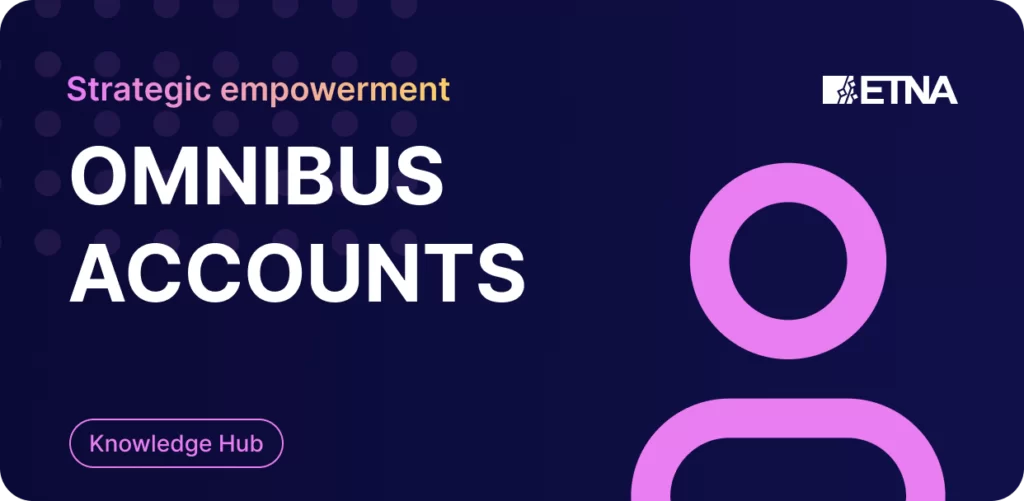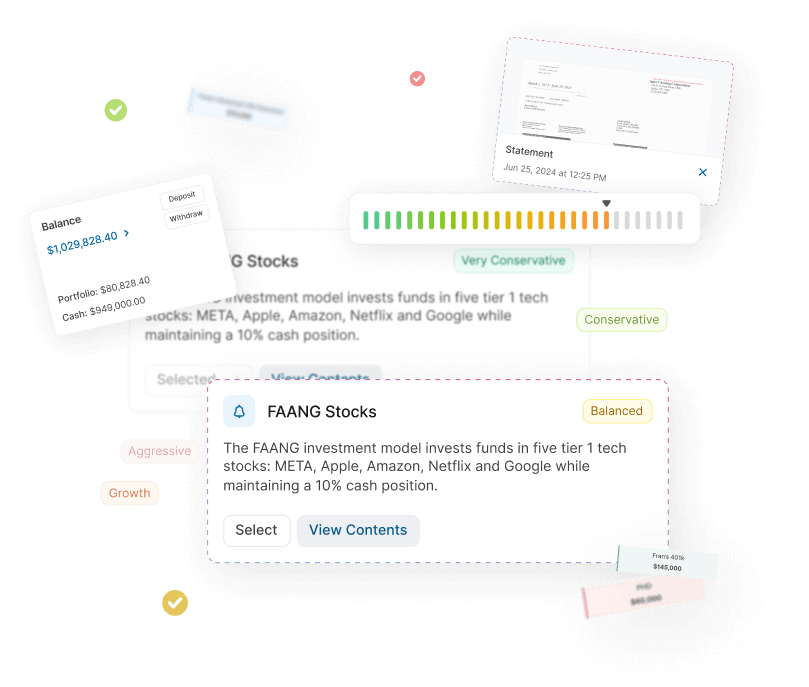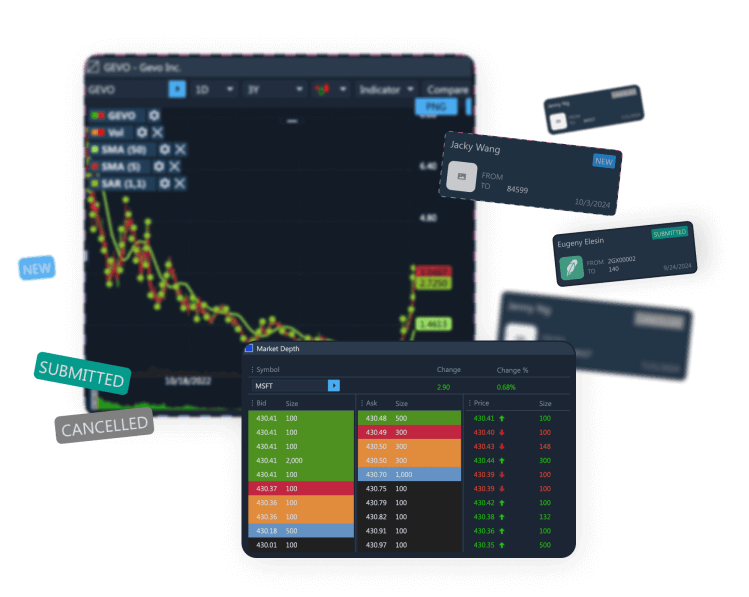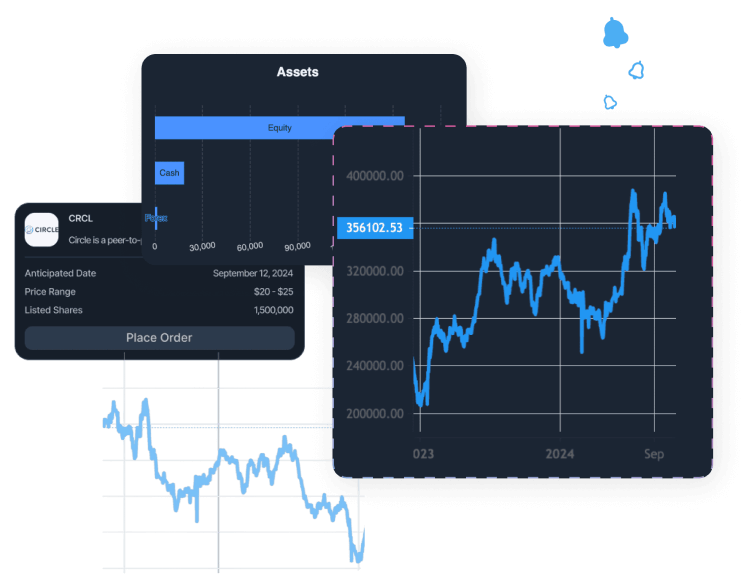13.06.2024

An omnibus account is an investment account that allows multiple individuals to pool their resources and invest as a single entity. The account is managed by a broker or agent who acts as an intermediary between the investors and the stock exchange, executing trades and managing the account on behalf of the clients.
Key points about an omnibus account:
Banking Institutions
An omnibus account allows bank customers to access the market even when the bank does not have a brokerage license. It allows banks to expand their services for clients. For instance, a regional bank might provide access to foreign exchange markets via an omnibus account for its small company clients, allowing them to manage currency risk without requiring a separate brokerage license.
FinTech Companies and Startups
For fintech companies and startups aiming to innovate in the financial industry, omnibus accounts can serve as a powerful tool for launching new financial products. They can use these accounts to manage user funds on platforms for collective investments, in robo-advising, or other financial services that require aggregation of user assets for investment purposes.
Legal and Consulting Firms
Legal and consulting firms can use information about the functioning of omnibus accounts to advise their clients on structuring their investment portfolios, particularly in aspects of confidentiality and compliance with regulatory requirements. This is crucial for clients who wish to combine legal reliability with financial efficiency.
Hedge Funds
Hedge funds utilize omnibus accounts to consolidate trading activities under a single account, allowing them to maintain anonymity in their investment actions. This is crucial for executing large-volume trades without revealing their strategy or influencing market prices prematurely.
Mutual funds
Mutual funds can also utilize omnibus accounts. These accounts enable mutual funds to execute bulk transactions, which helps reduce transaction costs and administrative burdens. When buying shares in a tech firm, for instance, a mutual fund may utilize an omnibus account to combine all of the buy orders from its investors into a single, sizable transaction. Because compliance and thorough reporting are handled by the broker in charge of the omnibus account, this method lowers trading fees and streamlines management.
The activities related to trading operations conducted through omnibus accounts in the USA are regulated by several key authorities:
All these authorities strive to protect market participants from potential risks, such as:
Selecting a trustworthy omnibus account provider is essential to reducing risks, guaranteeing the safety of your savings, and ensuring that transactions are completed accurately. Keep in mind the following requirements that a broker must fulfill:
To choose a robust broker, you can gather information from FINRA. For example, you can:
ETNA TRADER – ready for white labeling trading platform. We provide turn-key stock trading technology that seamlessly integrates via API with execution venues, clearing firms, and market data providers of choice.
We can certainly assist you in growing your company and incorporating an omnibus account into your overall plan. Our network of brokers with omnibus accounts enables us to help you select the ideal partner. We serve as a liaison between authorized brokers and omnibus accounts, which allow market access. We can also help with the creation of a white-label platform that incorporates omnibus account capabilities and with setting up an omnibus account.
Please feel free to contact our manager if you have any concerns, require assistance integrating an omnibus account, or need to choose a trustworthy broker.

Demo Financial Advisor Software
Manage portfolios with advanced rebalancing and real-time insights.
Access customizable client reports and streamlined compliance tools.
Designed for advisors seeking efficient client and portfolio management.


Demo Advanced Trading Platform
Test multi-asset strategies with real-time and historical data.
Analyze market depth, execute complex options, and algorithmic orders.
Ideal for refining strategies and risk management before live trading.


Demo Paper Trading Platform
Practice trading with virtual funds in real market conditions.
Simulate cash, margin, and day-trader accounts to gain experience.
Perfect for honing skills in a risk-free, customizable environment.

